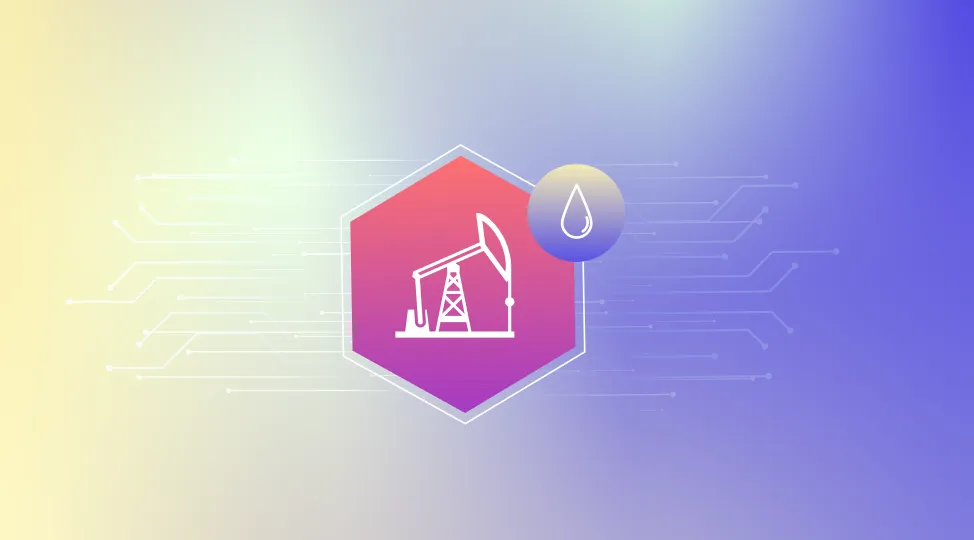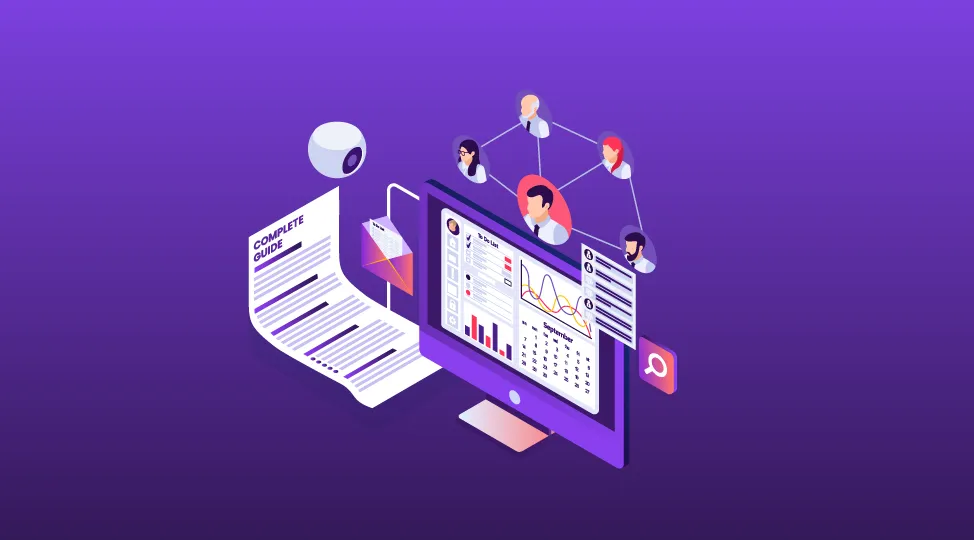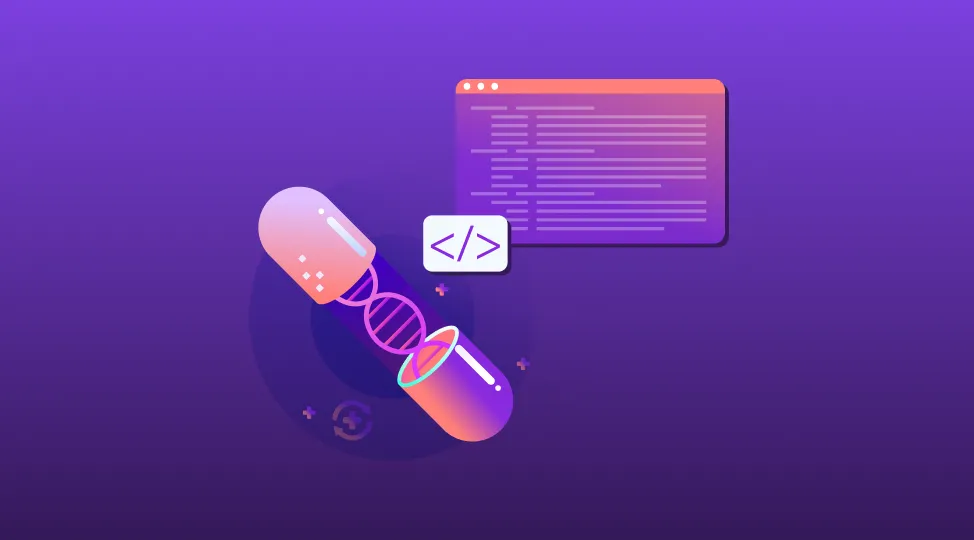Business

5 min

Endless scrolling, inconsistent and irrelevant features, and recommendations that delay offering support frustrate users. If they can’t get a satisfying experience or response in an ideal timeframe, they become frustrated. As preferences and trends constantly evolve, mobile app development companies are finding new ways to anticipate user expectations.

By Ayushi Shrivastava
11 Feb, 2025
AI has all the data and information learning essential to developing machines and apps. ML can analyze behaviors and patterns, utilizing information data and experiences. It is programmed to comply with a set of algorithms and models. The implementation of two technologies assists mobile app development companies in building smart and intuitive app solutions. These are interactive, adaptive, and responsive, improving the user experience seamlessly.
Sometimes, we forget to notice how closely associated these two technologies are with us in our surroundings. Below, we highlight how these two drivers are unlocking new initiatives for mobile app development.

⦿ Optimize Efficiency and Performance with Automation
Whenever we are swamped or exhausted with tasks, a phrase always says- “we're human and not machines.” Thus, to streamline the operational task efficiently without any errors, AI and ML integration are significant supports. It can automate tasks, optimize the process, and free the resources for other core responsibilities. Improve app performance by managing lagging or slow loading issues. Also, it enables bug discovery and troubleshooting without involving human efforts.
⦿ User-Interactions and Customer Support
It is difficult to be available 24/7 to respond to user queries. AI ML-powered chatbots and voice assistance can streamline the conversation and respond efficiently without hassle. They eliminate the need for human intervention and assist people through NLP capabilities. They also somehow reduce operational and human resource costs.
⦿ Real-time Personalization
Users want something unique that competitors are not offering. Mobile app companies are adopting AI and ML to analyze past interactions, gestures, and interests. Utilizing the capabilities of large dataset models and recognition systems. They are launching AI-driven solutions to recommend the best suggestions and content. Every initiative is taking place to make users feel valued.
⦿ Quality and Uncluttered UX
If the app’s features or content doesn’t make sense to the user’s needs, it’s irrelevant, not appealing, unethical, or unorganized. This will impact the app's visibility, and users won’t spend much time exploring. AI and ML have the capabilities to understand user intent and deliver clean, intuitive, filtered content. It significantly improves the CTR and app position.
⦿ Fraud Detection with Advanced Authentication
Cyber threat attempts, phishing, and hacking are common nowadays. Thus, to avoid any unpredictable situation, businesses are implementing multi-layered security measures. They are installing AI and ML-equipped digital solutions infused with sensors, applying fingerprints and facial recognition sensors, patterns, 2FA or MFA, and encryption methods to keep the data and privacy protected from unauthorized access and other loopholes.
Mobile app development companies utilize AI and ML algorithms to make the apps smarter. They collect data from end users regarding their health condition, performing surveys or asking QAs. These apps have the option to manage profiles, store patient reports, communicate with experts, and consult with them 24/7.
AI and ML are transforming the positive impact on the e-commerce industries to gain a competitive advantage. They are engaging more potential users by filtering the products as per their preferences. They assist users in searching for and deciding on products by following comfortable user journeys. For example, on Myntra, Nyyka, and AJIO users get the chance to personalized feeds. They also receive notifications, which makes the user onboarding easier.
Likewise, gym or fitness industry apps also collect user data and create personalized workout plans. Users can follow the exercises at home by watching video tutorials. They can optimize their daily routine to align with their fitness goals. Through these apps, users can track their daily progress, check heart rate, footsteps/ running time, etc.
To tailor an industry-fit mobile app, it is essential to observe logic, inputs, and automated functionality. Incorporating AI and ML makes it easier to provide instant customer support, extract and filter relevant information, and predict and perform actions according to situations. By training apps with deep learning to improve sense-to-sense, search, and serve without any human intervention, they can stay ahead of their competitors.
How does AI and ML unveil benefits in mobile app development?
Integrating AI and ML capabilities into mobile app development is worth it in all aspects. It gives users a break from repetitive, boring tasks. Engage users with real-time responses, personalization, and predictive analytics. Analyze anomalies and suspicious events to optimize operation efficiency and robustness.
How does NLP drive transformation in mobile app development?
NLP augments client interaction and engagement by generating human-like responses. Chatbots, customer support, and virtual assistants are true examples of processing data with text or voice inputs. It can make the app more interactive and intuitive, analyzing emotions and user preferences.
What is the importance of deep learning in the real-world?
Deep learning models inherit the data and properties of AI. Implementation of deep learning drives intelligence to make apps smarter. It interprets visual data into interactive experiences. Image/ object facial recognition and pattern authentication methods are common in phones. It’s all possible because of deep learning.
On-Demand Application Development: Architecture, Use Cases, and Business Models
By Sannidhya Sharma
5 min read
How Much Does Food Delivery App Development Cost? Features, Tech & Budget Explained
By Dhruv Joshi
5 min read
How to Make an App Like DoorDash: Product Strategy, Tech Stack, and Real Costs
By Dhruv Joshi
5 min read
React Native Authentication: Secure Login, OAuth with PKCE & Token Storage Best Practices (2026)
By Dhruv Joshi
5 min read

Business

5 min
This guide explores how oil and gas companies are using modern software development to drive efficiency, safety, and scalability. It breaks down how digital platforms, automation, and data-driven systems help energy organizations modernize operations, reduce risk, and build resilient, future-ready infrastructure.


Business

5 min
Plan hr software development the practical way: must-have HRMS features, event-driven architecture, integrations, security controls, and a clear build roadmap. Use cost ranges, effort tables, and partner checklists to choose reliable hr software development companies. See persona-based workflows, a build-vs-buy matrix, and budget levers to launch an HRMS that reduces errors, speeds onboarding, and delivers audit-ready analytics.


Business

5 min
Learn how pharmacy management software development streamlines dispensing, inventory, billing, and patient engagement. This comprehensive guide covers software types, core modules, tech stack, step-by-step process, must-have 2026 features, costs, and tips for hospitals and independent pharmacies. Build secure, interoperable, cloud-ready pharmacy management software that reduces errors and improves care outcomes.


Feeling lost!! Book a slot and get answers to all your industry-relevant doubts